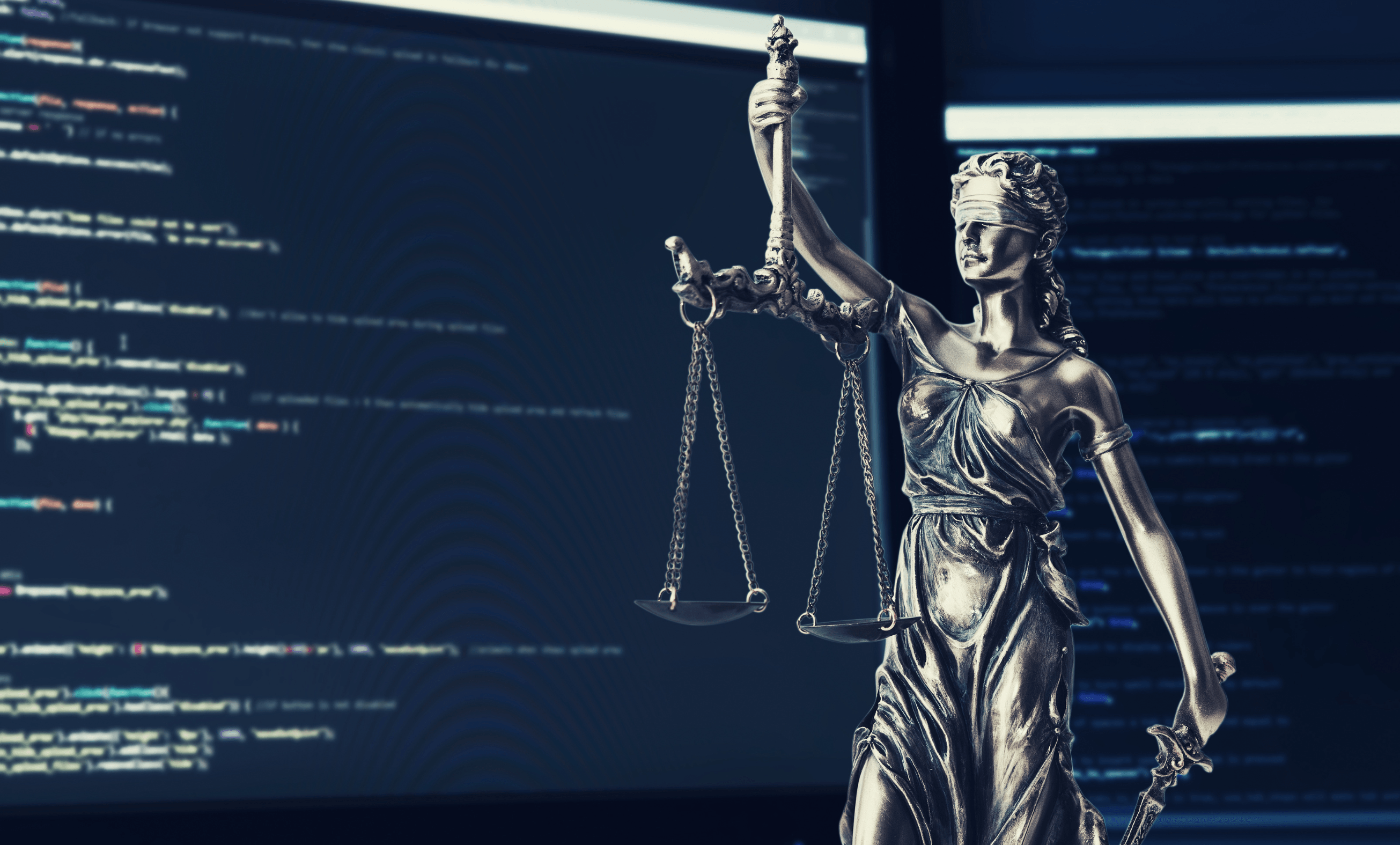A cybercrime can be committed by individuals or organizations, varying in levels of technical sophistication. Some are highly trained and organized specialists, while others are novices in the art of hacking.
The types of cybercrimes are diverse:
- Email and internet fraud;
- Identity theft, with the subsequent use of personal information;
- Loss of financial data or payment card;
- Commercialization of stolen corporate data;
- Virtual extortion, demanding payment to avoid threats;
- Ransomware attacks, a form of digital extortion;
- Cryptojacking, where hackers exploit computing resources for cryptocurrency mining;
- Cyber espionage, involving unauthorized access to government or business data;
- Interference in systems with the intention of compromising networks;
- Copyright infringement;
- Illegal gambling;
- Online trade of illegal items.
These cybercrimes can be classified into two main categories:
- Criminal activity that directly affects computer systems, using viruses and other types of malware.
- Criminal activity that uses computers as a tool to perpetrate other types of crimes.
Cybercriminals often blend both approaches, initially infecting systems with malware and then using them as platforms to spread further chaos. Additionally, in some jurisdictions, there is recognition of a third category, where a computer is used as an accessory to the crime, for example, to store illegally obtained data.
Notorious examples of cybercrimes illustrate the diversity and complexity of these attacks:
- Malware attacks, such as the infamous WannaCry, which paralyzed more than 230,000 computers in 150 countries in 2017, demanding ransom in Bitcoin to unlock the affected systems.
- Phishing campaigns, like the scam during the 2018 World Cup, which induced fans to disclose personal data through fraudulent emails offering supposed free trips.
- Distributed denial-of-service (DDoS) attacks, such as the one targeted at the UK National Lottery website in 2017, which disrupted access and was suspected of blackmailing the lottery.
The impact of cybercrime is significant, with a 31% increase in security attacks from 2020 to 2021, affecting businesses and individuals. Financial losses and reputational damage can be devastating, highlighting the urgent need for preventive measures and effective response.
Given its frequency, you may be wondering: how to combat cybercrime? Here are some practical tips to protect your computer and personal data against cybercrimes:
- Keep your software and operating system up to date: Ensure that you keep your software and operating system updated to benefit from the latest security patches and protect your system.
- Use antivirus software and keep it updated: Reliable antivirus software can help detect and remove threats before they become problems. Keep your antivirus updated to ensure maximum protection.
- Use strong passwords: Avoid easy-to-guess passwords and consider using a password manager to create and store secure passwords.
- Be wary of attachments in spam emails: Never open attachments from unknown senders, as they may contain malware.
- Avoid clicking on links in suspicious emails or unknown websites: Links in spam emails or on untrusted websites can lead to cyber attacks. Avoid clicking on them.
- Do not disclose personal information without being sure of the security: Never provide personal information by phone or email unless you are sure of the source's security.
- Confirm suspicious requests directly with the company: If you receive requests for personal information by phone, hang up and contact the company directly to confirm the request.
- Check website URLs: Make sure the websites you visit have legitimate URLs and avoid clicking on suspicious links.
- Monitor your bank transactions: Be alert to any suspicious activity in your bank statements and contact the bank if you identify unauthorized transactions.
Following these practices can help protect your data and your computer against cyber threats.
If you have been a victim of this type of crime, you can report it through a form on the Polícia Judiciária website or report the crime directly on the Ministério Público website.



Share this article:
We interviewed Bard about refurbished equipment 🤖
Portuguese women who fight for the environment